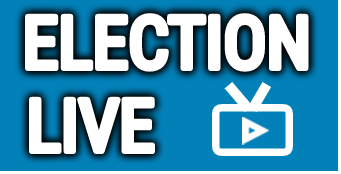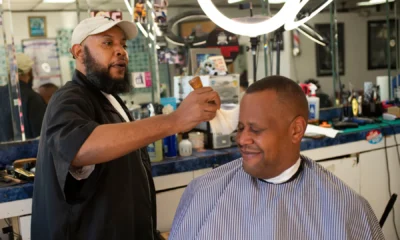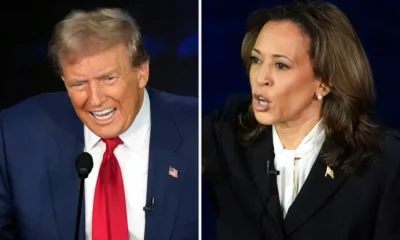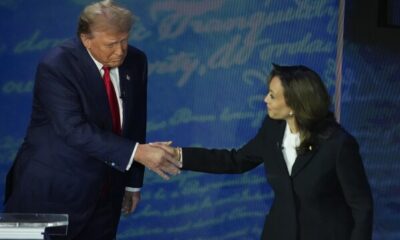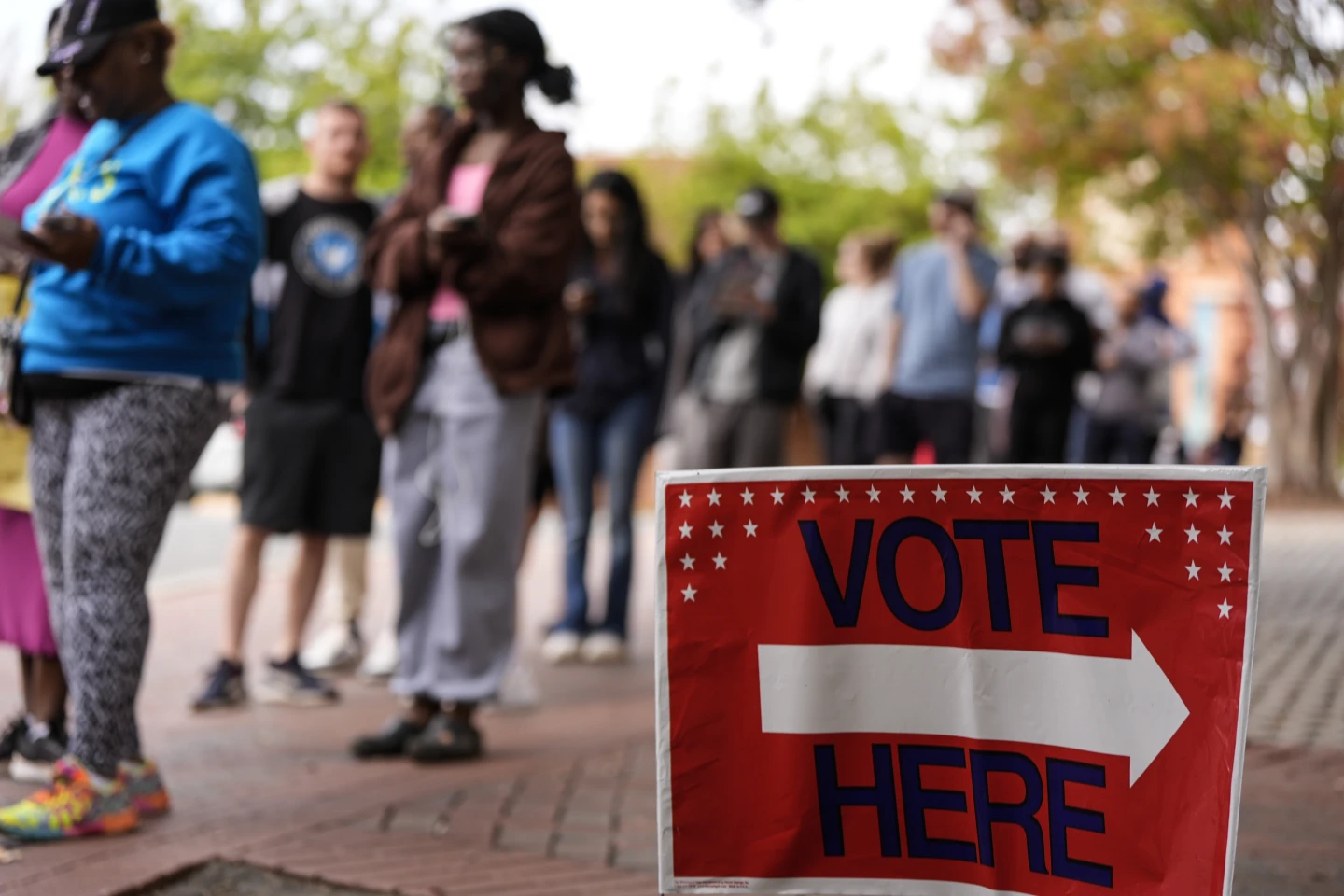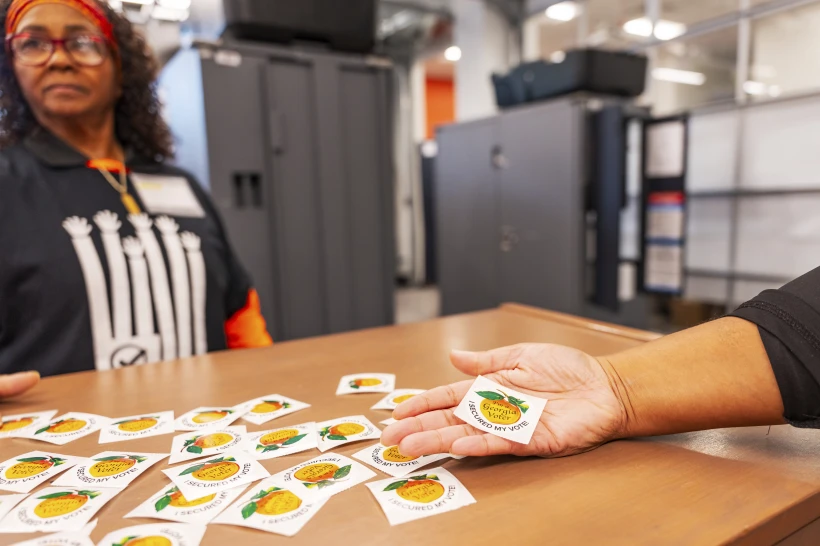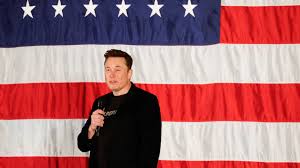BY MICHELLE L. PRICE, CHRIS MEGERIAN, JILL COLVIN AND WILL WEISSSERT Updated 11:14 AM GMT+6, October 2, 2024 Share
NEW YORK (AP) — In a debate that evoked a calmer era in American politics, Tim Walz and JD Vance on Tuesday went after each other’s running mates and sought to shore up their campaigns’ vulnerabilities at a time of renewed fears of a regional war in the Middle East and sadness over devastation from Hurricane Helene.
Walz, the Democratic governor of Minnesota, and Vance, a Republican senator from Ohio, focused many of their criticisms on the top of the ticket, as is traditional for vice presidential debates. They each pointed to the crises of the day as reasons for voters to choose Vice President Kamala Harris or former President Donald Trump.
The debate unfolded in the final weeks of a campaign that has been defined by harsh, personal attacks and historic convulsions, including a candidate dropping out and another facing two attempted assassinations. Polls have shown Harris and Trump locked in a close contest as early voting begins across the country, giving added weight to anything that can sway voters on the margins, including the impression left by the vice presidential candidates.
Despite the milder tone of the debate, there were still glimpses of the political fractures that threaten American democracy. Vance papered over the Jan. 6 attack on the U.S. Capitol and echoed Trump’s election denial by refusing to acknowledge that President Joe Biden won the race in 2020.
But throughout much of the rest of the night, two Midwesterners struck a noticeably friendlier tone than the matchup between Trump and Harris — or, earlier this year, the showdown between Trump and Biden before he dropped out of the race following a disastrous performance.
In one raw moment when Walz said his teenage son had witnessed a shooting at a community center, Vance expressed empathy.
“I’m sorry about that. Christ have mercy,” Vance said.
“I appreciate that,” Walz said.
In other parts of the debate, Vance tried to soften his image, ratcheting down his typically forceful and aggressive delivery and acknowledging that people watching might not agree with him or Trump. He discussed Trump’s ideas with polish while avoiding being pinned down on the more controversial parts of the former president’s record. His performance immediately delighted the Trump campaign and many of its allies.
Walz depicted Trump as wrong on the issues and a chaotic leader. He occasionally stumbled over his words, even saying “I’ve become friends with school shooters” when he was talking about meeting with survivors. He did deliver several points sure to please Democrats, including on abortion rights and democracy — even if he never used the word “weird,” the branding he attached to Trump and Vance that brought him to national prominence.
The debate began with a discussion of the Middle East, where Israeli forces are fighting Hezbollah in Lebanon and Iran has fired missiles at Israel. In Gaza, Israeli forces continue to fight Hamas after the Oct. 7 attack.
“What’s fundamental here is that steady leadership is going to matter,” said Walz. “And the world saw it on that debate stage a few weeks ago, a nearly 80-year-old Donald Trump talking about crowd sizes is not what we need in this moment.”
Vance, in his reply, argued that Trump is an intimidating figure whose presence on the international stage is its own deterrent.
“Gov. Walz can criticize Donald Trump’s tweets, but effective, smart diplomacy and peace through strength is how you bring stability back to a very broken world,” he said.
A sharper turn on immigration
The debate in New York hosted by CBS News opened with a sober tone that reflected growing domestic and international concerns about safety and security. But it gave way to sharper attacks from both Walz and Vance — and a moment in which the moderators stopped the discussion by cutting the two men’s mics.
Walz accused Vance and Trump of villainizing legal immigrants in Vance’s home state. He pointed to the fact that Republican Ohio Gov. Mike DeWine had to send in extra law enforcement to provide security to the city’s schools after Vance tweeted about and Trump amplified false claims about Haitians eating pets.
“This is what happens when you don’t want to solve it, you demonize it,” Walz said, saying not doing so would allow people to “come together.”
Vance said the 15,000 Haitians in the city had caused housing, economic and other issues that the Biden-Harris administration was ignoring.
When the debate moderators pointed out that the Haitians living there had legal status, Vance protested that CBS News had said its moderators would not be fact-checking, leaving the onus to the candidates. As Vance continued and the moderators tried to move on, his microphone was cut and neither man could be heard.
A heavier focus on policy
The senator and the governor, both picked for their ability to communicate their party’s points, seemed to spend more time talking policy than the presidential candidates have in their matchups.
On abortion, both men shared personal stories of women. Walz talked about Amanda Zurawski, a Texas woman who was denied an abortion despite developing a life-threatening infection, and Hadley Duvall, who was a 12-year-old girl when she was raped and impregnated by her stepfather.
Vance spoke of a close friend who, he said, “told me something a couple of years ago that she felt like if she hadn’t had that abortion, that it would have destroyed her life because she was in an abusive relationship.”
The senator also said he never supported a national ban when running for the Senate in 2022 even though he had suggested as much, saying instead that he wanted a “minimum national standard.” Trump, meanwhile, posted on his social media site during the debate that he would veto a national abortion ban, though he has also taken credit for the Supreme Court decision overturning Roe v. Wade and clearing the way for conservative-led states to ban or restrict the procedure.
Walz and Vance also talked about housing policy, the economy and climate change in the wake of Hurricane Helene, which devastated several states and caused at least 160 deaths.
“I’m sure Gov. Walz joins me in saying our hearts go out to those innocent people. Our prayers go out to them,” Vance said, giving a far different answer than his running mate, who has accused Biden and Harris of politicizing the hurricane response. “And we want as robust and aggressive as a federal response as we can get to save as many lives as possible.”
The debate ran longer than the allotted 90 minutes, but there were still some key topics left unaddressed by the moderators and the candidates. Vance was not asked about Ukraine, although he’s among the Republican Party’s leading opponents of U.S. aid to the besieged country. No one talked about Trump’s criminal cases, including his conviction in a New York case related to hush money payments.
Vance downplays Jan. 6
Vance downplayed Trump’s assault on the 2020 election, saying Trump had told people to “peacefully” march on the U.S. Capitol on Jan. 6. The subsequent violence by Trump’s supporters disrupted the certification of Joe Biden’s election victory.
The real threat to democracy, Vance claimed, was censorship of the opposition.
“We ought to debate our differences. We ought to argue about them. Kamala Harris is engaged in censorship on an industrial scale,” Vance said.
Walz said Vance was helping to deny “the first time in American history that a president or anyone tried to overturn a fair election and the peaceful transfer of power.”
He also asked Vance if Trump won the election in 2020.
“I’m focused on the future,” Vance responded.
“That is a damning non-answer,” Walz said.
Both men acknowledged past missteps
The role of a presidential running mate is typically to serve as an attack dog for the person at the top of the ticket, arguing against the opposing presidential candidate and their proxy on stage. Both Vance and Walz have embraced that role.
But in a political era where apologies are rare, Walz and Vance each admitted missteps and vulnerabilities Tuesday.
Vance was asked to address his past biting criticisms of the former president, including once suggesting Trump would be “America’s Hitler.”
“When you get something wrong and you change your mind, you ought to be honest with the American people,” he said Tuesday.
Walz, meanwhile, was pressed on his misleading claim, which was investigated this week by Minnesota Public Radio and other outlets, that he was in Hong Kong during the turbulence surrounding the 1989 Tiananmen Square massacre, part of a broader pattern of inaccuracies that Republicans hope to exploit.
Confronted with his misstatements about his travels to China years ago, Walz defended himself by saying, “I’ve not been perfect.” In fact, he said, “I’m a knucklehead at times.” Eventually, he acknowledged he misspoke about his history.
Aside from the contentious exchange surrounding the attack on the Capitol, the debate featured more moments of good feeling than might have been expected. Walz said he’d “enjoyed tonight’s debate, and I think there was a lot of commonality here” before noting that he’s “sympathetic to misspeaking on things and I think I might have with the senator.”
“Me too, man,” Vance responded.
___
Price, Megerian and Weissert reported from Washington. Associated Press writers Josh Boak in Baltimore, Julie Carr Smyth in Columbus, Ohio, and Meg Kinnard in Columbia, South Carolina, contributed to this report.

 The Washington Post7 months ago
The Washington Post7 months ago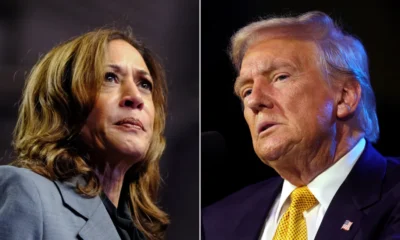
 CNN7 months ago
CNN7 months ago
 CNN7 months ago
CNN7 months ago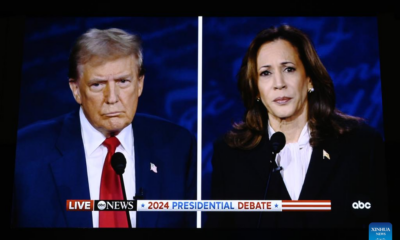
 Donald Trump8 months ago
Donald Trump8 months ago
 Kamala Harris7 months ago
Kamala Harris7 months ago
 CNN7 months ago
CNN7 months ago